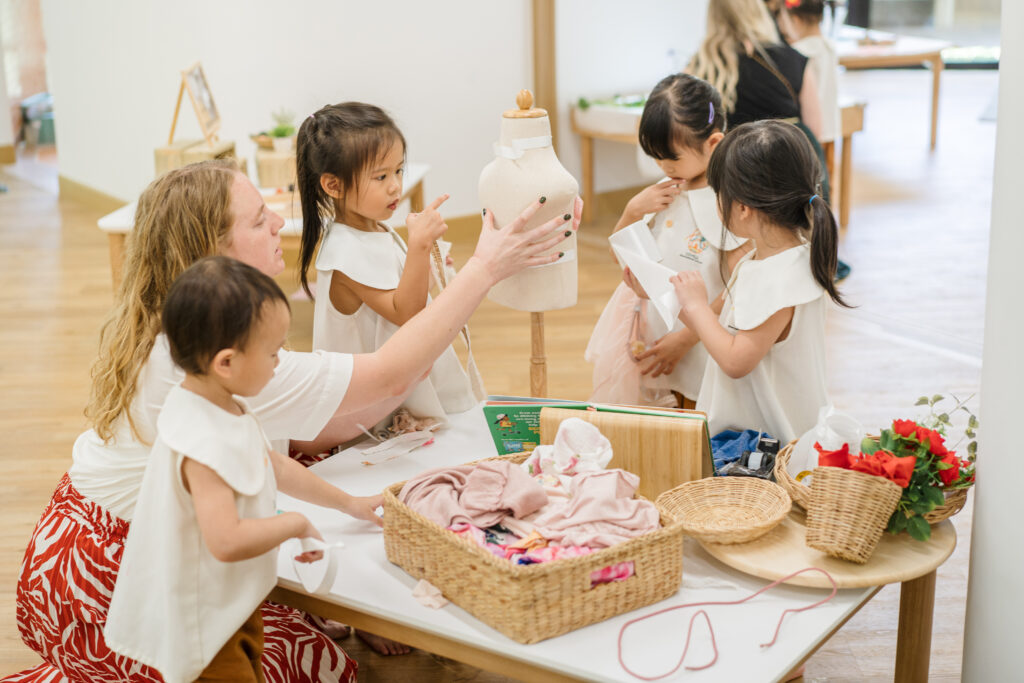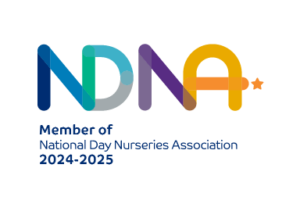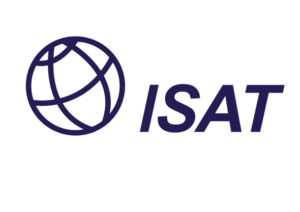
The Reggio-Emilia Approach: What Is It and How Does It Inform Our Philosophy at Lovell International School?
Strong. Capable. Resilient. These three words encapsulate how the Reggio-Emilia Approach characterises every child. Children brim with wonder about the world around them, fuelled by boundless curiosity to explore their place in it. At Lovell International School, this philosophy underpins our Early Years Foundation Stage approach and informs the structure of primary-level activities. It’s crucial to note that Reggio-Emilia is not a curriculum; rather, our curriculum builds upon these foundational values, much like the layers of the Earth.
Where Does It Come From?
The Reggio-Emilia Approach originated in the town of Reggio Emilia, Italy, as part of a progressive, cooperative early childhood education movement. Distinctive to its region, it is not a standardised method. There are no official international training programmes for becoming a “Reggio-Emilia teacher.” Schools, preschools, and homeschool settings adopting this philosophy are referred to as “Reggio-inspired,” tailoring the approach to meet the specific needs of their communities and curricula.
This flexibility is key. The Reggio-Emilia Approach values individuality, recognising that every community, child, teacher, and parent is unique. Consequently, no two Reggio-inspired environments should look identical. Shaped by the specific needs, interests, and experiences of children, the approach remains dynamic and contextually responsive. Although primarily applied in preschools, the principles of Reggio-Emilia—such as child-centred learning, creativity, and collaboration—are adaptable for older students and everyday parenting practices.
How Does the Reggio-Emilia Approach View the Child?
- Capable Learners: Children are more than capable of driving their learning within a nurturing environment, motivated by their interests to discover more about the world.
- Collaboration and Communication: Interaction with others is vital. Children seek knowledge collaboratively, sharing their thoughts and questions, which are valued by their peers and mentors.
- Natural Communicators: Through play, children explore language—rhythm, rhyme, pronunciation, and intonation—creating joy and connection.
- Partners in Learning: Children and adults embark on a shared learning journey. Adults do not simply instruct but guide and discover alongside the child.
What Role Does the Classroom Environment Play?
The concept of the classroom as the “third teacher” originates from the Reggio-Emilia Approach. A Reggio-inspired classroom is characterised by natural light, order, and beauty, often incorporating materials like wood to enhance its aesthetic.
- Evolving Spaces: The classroom grows and transforms, much like a seed, blossoming by the school year’s end.
- Shared Responsibility: Both adults and children maintain the environment’s cleanliness and order, ensuring it remains inviting.
- The Piazza: Central to a Reggio-inspired learning environment is the “piazza,” a communal space where children interact and collaborate. At Lovell, the Early Learning Village features a piazza in the heart of the classrooms, fostering connections and creativity.
What Is the Role of the Teacher?
Reggio-inspired teachers act as guides and facilitators rather than traditional instructors.
- Facilitating Discovery: Teachers plan and prepare activities that inspire children’s curiosity, allowing them to engage deeply with their interests.
- Documenting Learning: Teachers observe, listen, and document children’s ideas, capturing their learning journey through photographs and annotated work.
- Balancing Structure: While child-led learning isn’t feasible for all subjects, such as mathematics and grammar, teachers incorporate students’ interests into their lessons and create environments showcasing exemplary work.
The 100 Languages of Children
At the heart of the Reggio-Emilia Approach is the belief that children express themselves through countless “languages”—drawing, singing, dancing, writing, and more.
At Lovell, learning and play are inseparable. Our Early Years programme embraces hands-on experiences, encouraging every child to use their many “languages” to explore and grow.
CREDIT: Mr. Michael Waters (Headteacher)
Click to read this article in Thai
Lovell International School
📢 Now accepting applications for Pre-Nursery to Year 2!
🌟 Interested in visiting us?
Complete this form to schedule a tour (Thai-speaking staff available):
https://forms.gle/TGXhpzcbq8yMQtp47
📞 098-098-4595
💌 m.me/Lovellschool
🟢 LINE: @lovellschool


